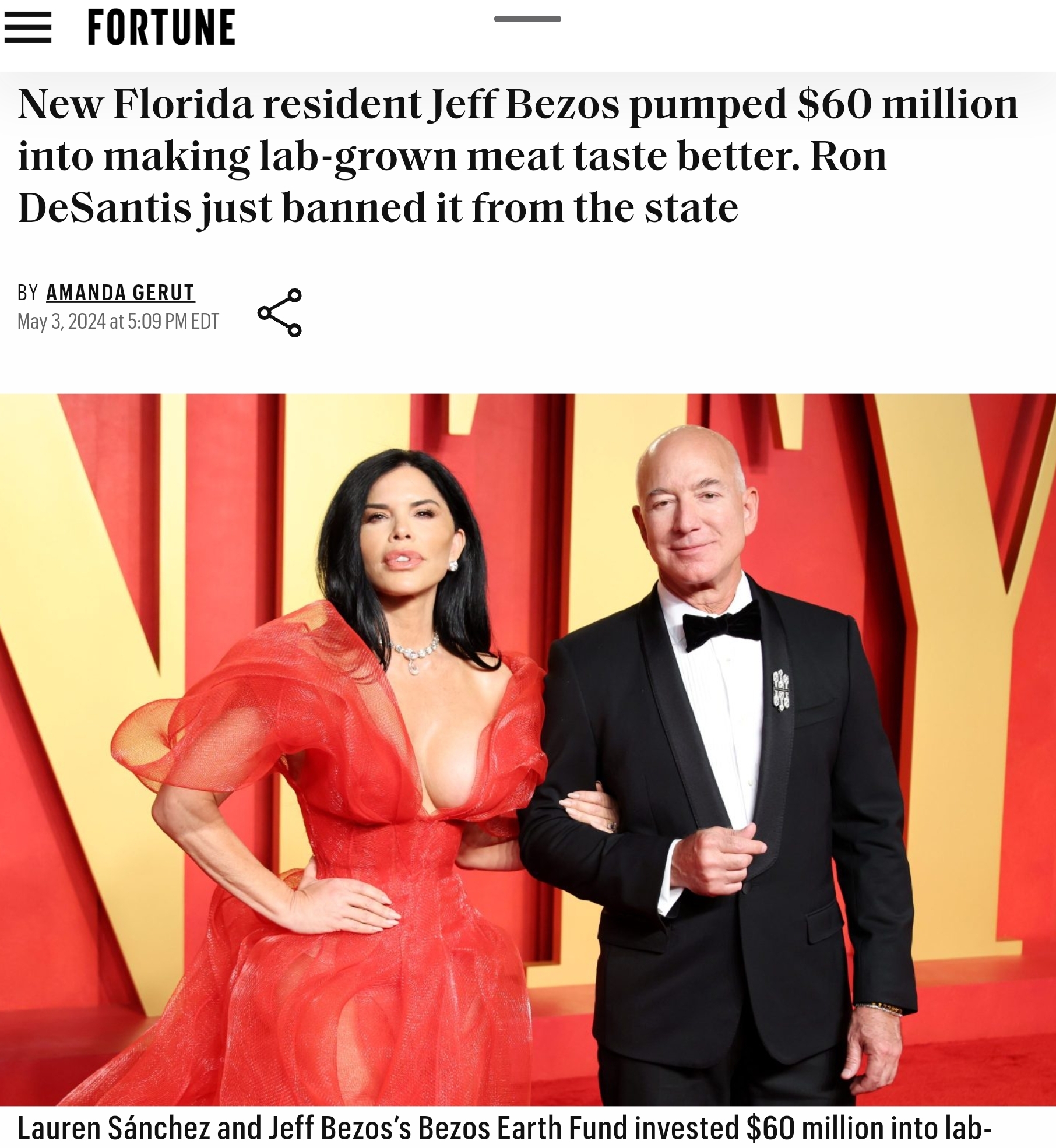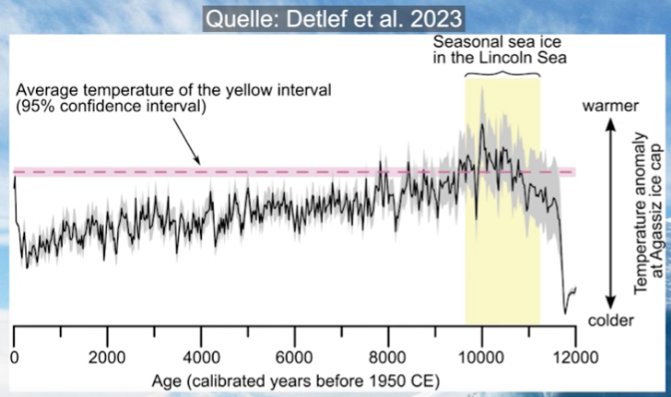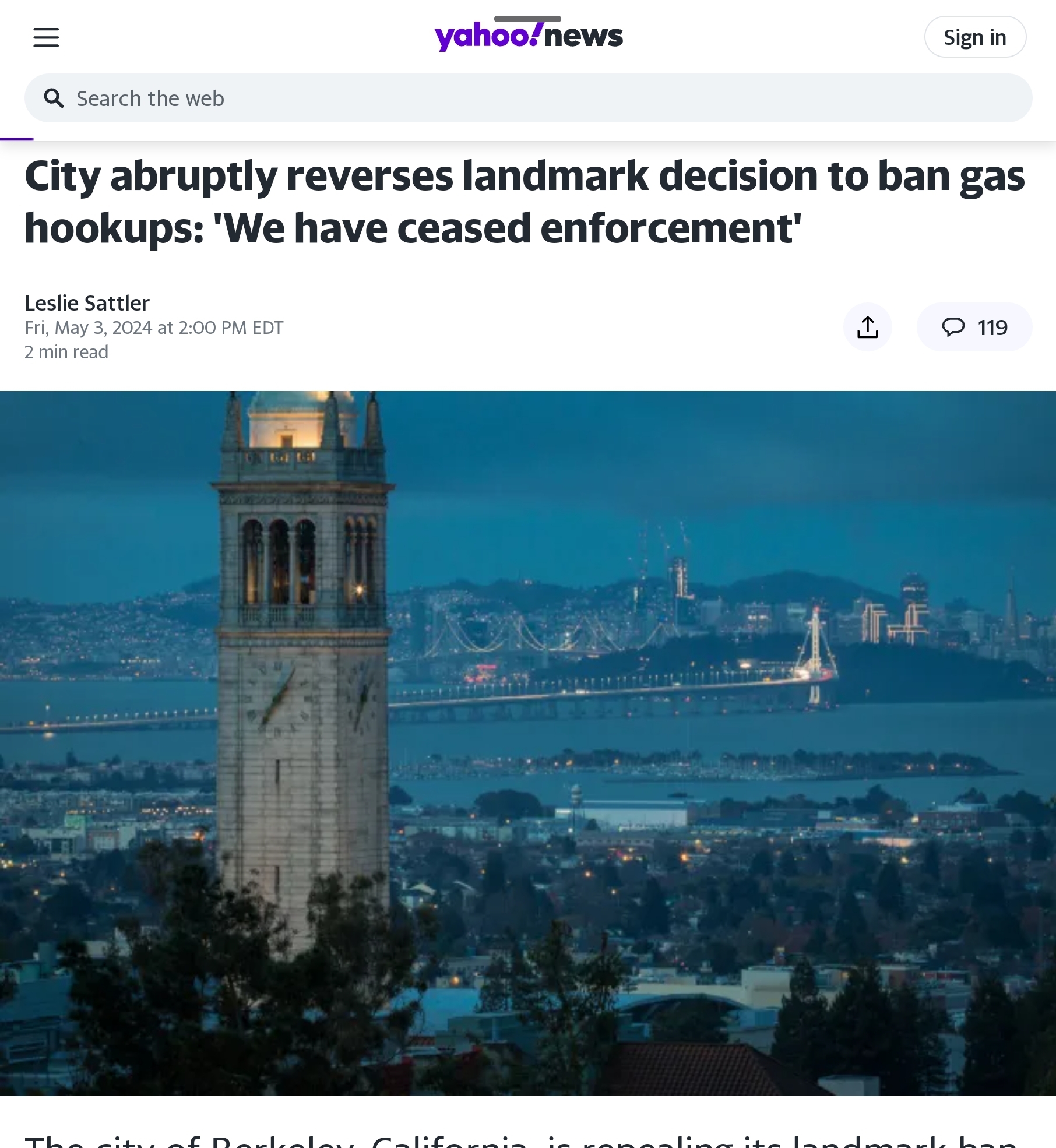https://quadrant.org.au/opinion/doomed-planet/2023/05/the-sooking-simpletons-of-climate-coverage/
The Sooking Simpletons of Climate Coverage
By Tony Thomas
Climate journalists are confessing they need psychological counseling: reporting on the climate’s supposed death-spiral is damaging their mental stability. As one Stanford academic puts it, “This is quite similar to what happens with investigators of international crimes, human trafficking, rape, abuse and people who’ve been tortured. I think very seriously that that needs to be paralleled in environmental sciences and environmental journalism, because it’s incredibly taxing.”
Try seeing life through these reporters’ eyes. Rainy? “That’s an unprecedented climate-fuelled rain bomb”. Not rainy? “The Science tells us that climate-fuelled droughts are the new normal.”
For those who write daily about the climate’s crisis/emergency/breakdown/collapse (I use here The Guardian’s style book), extra grief must arise when their doom-laden predictions do not come to pass. The smart ones now shun short-term forecasts and report earnestly on disasters due in 2050 or 2100.
Climate journalists’ grief includes the hip-pocket variety, where their cash-strapped bosses decide the climate round is the easiest to ditch. Those reporters get re-assigned to mundane reporting or, even worse, pushed from salaried to freelancer status. No wonder Associated Press grabbed a $US8 million payola last year from leftist billionnaires to boost its climate coverage.
Europe’s climate correspondents are suffering too. For a statement from the heart by a typically traumatised environment reporter, you can’t go past veteran US climate scribe and eco-socialist Eric Holthaus, who now also runs a meteorology business. ‘I lose sleep over climate change almost every single night,” he explained in 2018.
I can’t remember how long this has been happening, but it’s been quite a while, and it’s only getting worse. I confess: I need help… I’ve spent most of the past year alternating between soul-crushing despair and headstrong hope… For now at least, the good days are enough to keep me going … But there are also days when I’m paralyzed.
Over the past several months, I’ve stopped talking about climate change with my parents, my wife, and my sister in order to avoid heated dialogue about what I think is the most important issue in the world. Instead, I’ve privately sought out personal advice from other scientists and journalists, and often commiserated with strangers. …. I know that I need to preserve my own well-being to continue to fight for the planet.
In 2013 Holthaus made a splash in mainstream media over his pledge, “Vows: Why I’m never flying again – goodbye to all that”, with a pic of himself “boarding my last flight”. As both a pilot and frequent flyer, he notched up 75,000 air-miles in the previous year. He had just dipped into the 2013 IPCC report – which he called “a death warrant written in stark, black-and-white data.” In tears, he phoned his wife from San Francisco Airport, saying, “If anything is to change, it will have to come from individuals taking ownership of the problem themselves … Individual gestures, repeated by millions of people, could make a huge difference.” He also vowed not to have any children, for the same CO2 reason: “no children, happy to go extinct.”
However, his zeal apparently waned and without any media publicity he mentioned seven years later (at 20min30sec) that he was taking one or two round-trip USA-Amsterdam flights a year for family reasons. Meanwhile he’d fathered a boy.
Wolfgang Blau is a veteran woke media executive (Guardian, of course, and Zeit Online) and former president (International) and COO of lifestyle magazine empire Conde Nast. Two years ago he co-founded with Reuters the Oxford Climate Journalism Network to coach climate journalists and provide them with their necessary misinformation.[1] The Network has been funded by about £450,000 a year from the net-zero-promoting European Climate Foundation with its 280 staff and the Laudes Foundation. Blau wants just about every media article to stress global warming, including sport, food, travel, fashion, health, culture, gardening, real estate, technology and personal finance, “to mention a few,” he said. “It [climate] changes everything.” In a long speech, he said,
When it comes to the mental health of climate journalists, though, there is a cultural element to consider: In general, the news industry has quite a lot of institutional knowledge about how to protect the mental health of its war and crisis reporters who are about to or have already witnessed horrible events. Not as much is known, though, about the health effects it can have on journalists to work on climate change full-time or also to feel marginalised or simply not understood in their own newsrooms, regarding the seriousness of the climate situation.
I had the privilege of getting invited into the meetings of various newly-founded self-help networks of climate journalists in different European countries. In all of these meetings, I was surprised by the degree to which these journalists expressed their need for a peer group that would also provide them with the emotional support their own news organisations were not giving them, even if this meant sharing knowledge with your direct competitors.
Some climate reporters stress out when their editors and readers fail to pay attention to their work because of “subtle mental and emotional constructs” such as denial and avoidance. Blau explains, “I have seen journalists pointing fingers at their own readers or viewers after they did not engage with their climate journalism as much as these journalists thought their audience should have … Denial needs to be addressed with empathy, precision and a degree of patience.”
Blau, who is also a climate adviser to the UN, cites favourably Agence France Presse (AFP), which is “beginning to adjust to the climate reality … in their news selection.” AFP, with 1700 reporters globally, has literally signed the pledge of the Covering Climate Now global group to hype climate alarm and suppress news involving “denialism”. He also wants climate reporters to add “solutions” to their stories so readers won’t despair and switch off. He doesn’t spell out any “solution” to China and India ramping up their reliable coal-fired energy.
Blau even worries that his minions have been too successful:
A related sentiment of despair or disenfranchisement of younger people also came through in the ‘European Moments’ study by Professor Timothy Garton Ash. In this representative study, 53 per cent of young Europeans across 27 EU nations and the UK between the ages of 16 and 29 agree or somewhat agree with the idea that authoritarian states are better equipped than democracies to tackle the climate crisis, a finding that should worry any news organisation that defines its role as informing a democratic public sphere.
Blau wants newsrooms’ ethics code expanded to stop cynical colleagues accusing their climate colleagues of being activists, just because they keep bleating about the (mythical) climate “emergency”. He cautions: “Journalists should not speak pejoratively of ‘activism’ because past activists gave us the vote, freedom of speech and press freedom.”
He describes how newsrooms have become hellscapes with climate reporters jostling with their non-climate colleagues for by-lines. One climate journalist told Blau: “I have the full support from my chief editor. I have even been given a budget increase. My problem is now the foreign editor who doesn’t give me access to our foreign bureaus when I need them because my stories — supposedly — are never as urgent as other breaking news stories — and my other and bigger problem are the news desk editors who don’t give my story a prime time slot or never quite promote it on social media at the right time of day because they think it won’t perform well”.




